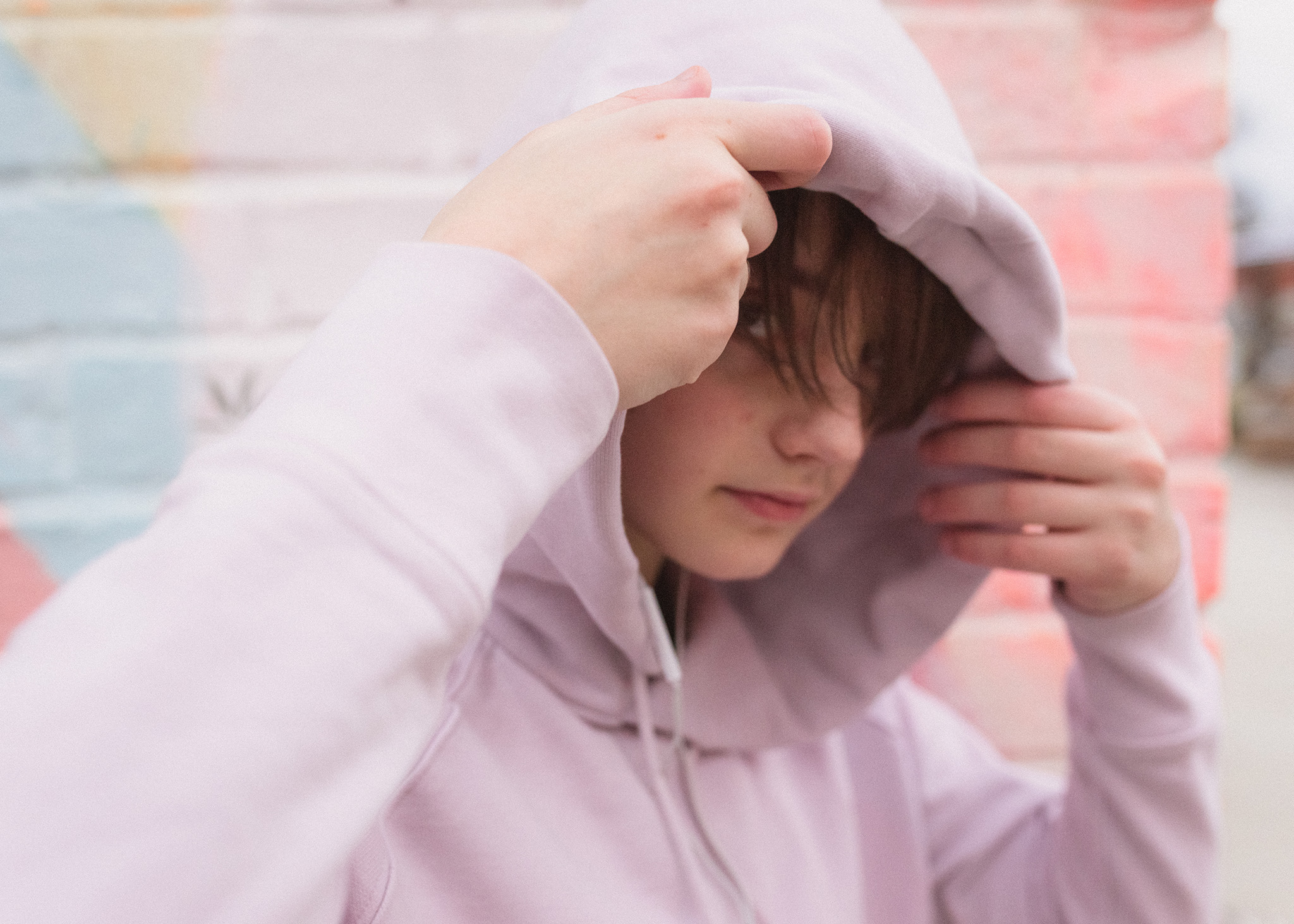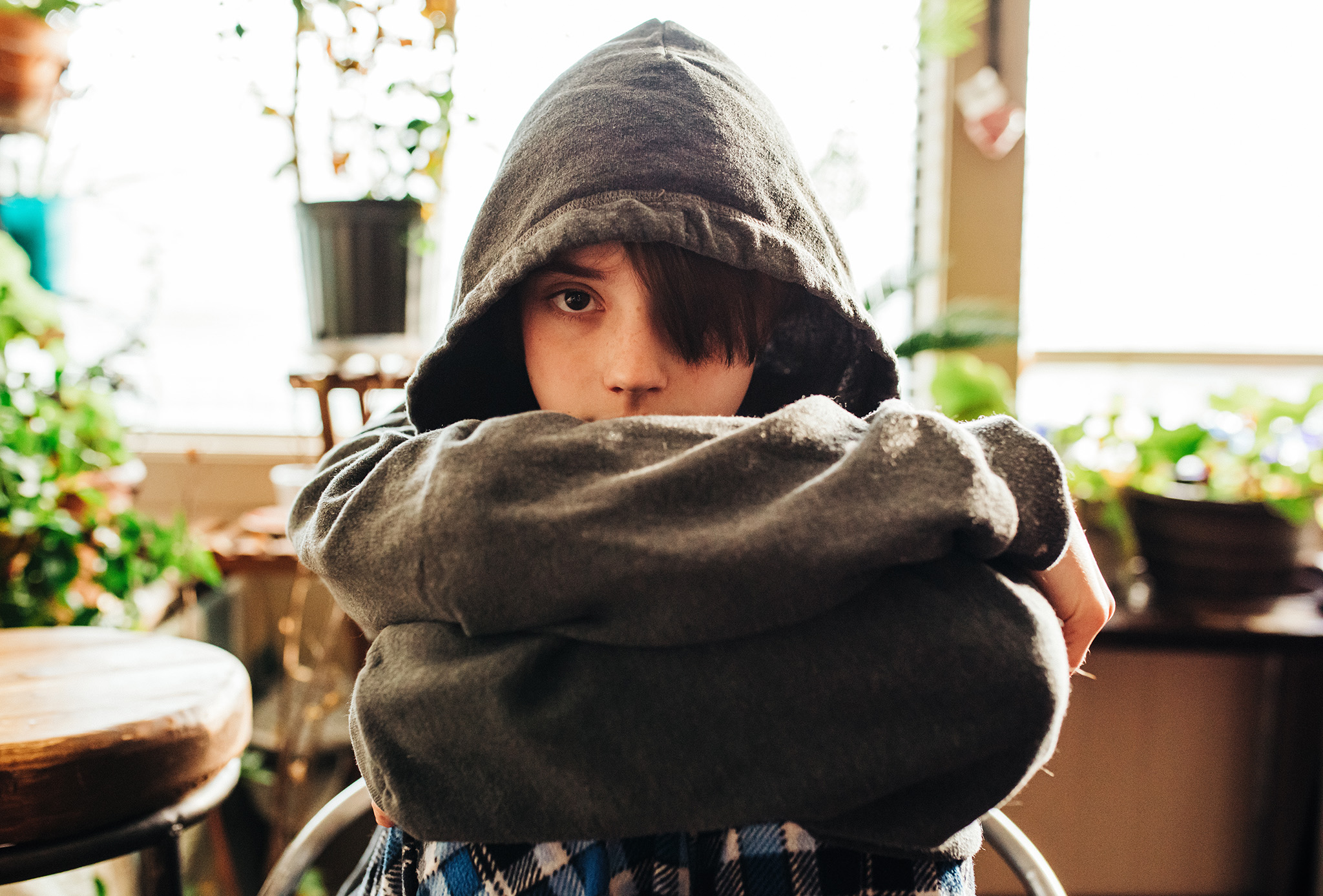
In my line of work as a psychologist and family therapist, I have sometimes met with parents who are somewhat concerned about the extent that their children, especially during adolescense, tend to hold back and perhaps exhibit a certain shyness. In Maltese culture I have also encountered the idea that lively and high-spirited children are considered to be the most attractive. Although I understand the energy and cheerfulness given off by these children and teenagers who are more extroverted, I also believe that everyone is unique and has something to offer, including those children who are more introverted and sensitive. In this article I shall deal with the importance of helping our adolescent children’s character to emerge and develop, in such a way that they feel more content and confident in themselves.
Everyone has his/her own different character and temperament. Many times, shyness is considered as something normal, and more or less to be expected during adolescence, but we will also further observe how, sometimes, if the shyness is excessive and affects the functioning of the adolescent’s everyday life, from that aspect it would be necessary that one seeks further professional help.
Why do we expect to observe more shyness during the adolescence period?

Adolescence is a time of many physical, emotional and social changes. It is a period of many changes and uncertainties. Adolescents would also still be finding out who they are and what they wish for from life; this all helps towards the process of developing their identity. It might be that adolescents think and feel that they are at the centre of attention, and that everyone is somehow scrutinising and judging them. This concept is that which in English we call ‘imaginary audience’ (Elkind, 1967). In fact, this might be one of the reasons due to which they would feel more embarassed.
How can you help as a parent in order to build more confidence in adolescents?

- First and foremost, it is important that we normalise and understand the emotion of anxiety that teenagers may feel. At the same time, it is essential that we encourage them so that they do not remain solely within their circle of safety, and that we push them forwards so as to be able to undergo new experiences, as well as to emerge further from their shell. This process is not an easy one, and at the same time is one that requires them to be brave, as well as having our support by believing in them. It is a wonderful thing, whilst also helping a lot, that when we see that they are making an effort, and they take a small step forward, be it ever so small, it is important that we praise them. As an example: “I can imagine how difficult it was for you to go to this dance club for the first time and to introduce yourself. Congratulations on your courageousness! Now, the more you attend, the greater the chance of it coming to you more easily and naturally. Do not give up, I am always here for you and I believe in you.” It is also good to understand that not everyone is cut out for dance or theater, and that there is nothing wrong with that; there are those who lose themselves in books or some other form of art. We should celebrate the beauty of this sensitivity and this gentleness. For example, we know many scientists who fall under this category 😊

- Provide opportunities whereby you would encourage teenagers’ participation, in which they would be able to make their voices and opinions heard. Something simple could be similar to when, for example, you would be dining out and you allow teenagers to order their own food for themselves. The greater the opportunity that they are given to practice these capabilities, in order to be able to speak for themselves, the more that this would help them to manage their shyness better.
- Speak with them on what they would be imagining that would happen, whenever they feel it necessary to hold back. Explore with them questions such as: “What is the worst thing that could happen?”, together with others in the vein of, “And if this happens, what can I/we do in that case to help you?” Several times, when one confronts what is worrying him/her, and forms a plan of action as to what he/she can do in certain circumstances, this could help him/her to feel more in power and in control of managing better his/her emotions and thoughts.

- Try to understand better how teenagers feel about shyness. Is it something that is bothering them? How is it affecting their everyday life? When we talk with adolescents, it’s important to show them that we appreciate them as they are, and that we are not here to change them, but in order to help them to increasingly discover who they are, as well as feeling more comfortable. There is nothing wrong with an individual being more timid than another person. However, if teenagers feel the need to open up more, things such as role playing games for certain social situations might further assist towards this aim. These may include ideas of how one may start a conversation with people that he/she still doesn’t know that much. Apart from that, this would also help them to discover what could calm them down in those situations where they feel very shy. Some other ideas are: that you help them to learn how to take deep breaths better, together with assisting them in controlling their thoughts and emotions by taking a short break from them. They may also carry-out an exercise where they practice thinking about one thing as during one particular time. As an example, they could go for a walk and pay attention to the different surrounding sounds that they are hearing, whilst giving as much as possible the full 100% of their attention to it. It could be that the mind itself might take you back to other thoughts and emotions, but in this manner you would learn, little by little, how to bring it back to that particular moment. This exercise is one which is related to the concept of “mindfulness”, where the research carried-out shows how really useful this is in order to help us regulate ourselves.

- Help teenagers to discover what their talents are, by encouraging them to join up with some sports organisations, or other creative organisations, such as drama, arts and dance … where the list in itself could be never-ending 😊. When teenagers try out new things, as a subsequent result they would be able to develop further capabilities, whilst continuing to further unearth their own talents. This is also a means of how they would be able to meet up with new people, whilst forming more friendships. All of this can continue to help so that they feel better both physically and mentally, as well as socially.
- Listen to the stories that teenagers tell you about the day that they had and their circle of friends. Try to be there for them, so that when they feel that they need to talk, they would know where they are able to find you. When they share a story with you about some experience that they had together with their peers, or that happened to them at school, where they would have felt hurt or that they are not understood, it would be most beneficial to assist them by further nurturing within them the capacity to be more assertive respectively.

- Remind teenagers about how many beautiful aspects they have within their personality, and how successful they have managed to be in their lives thus far. Appreciate their beauty and praise them about it so that you serve as a mirror of positivity for them, even in those difficult moments such as puberty.

- Don’t use phrases such as: “you have nothing to be ashamed of”; since certain phrases of this type, especially when they are spoken out in front of others, might force the individual to become even more aware, as well as to begin to feel even more shy. Instead, it might prove helpful that you show more empathy and discuss the importance of accepting everyone’s unique character. Although it is important that one possesses the necessary social skills in order to be able to get along with people, as well as to communicate in an effective manner, we have to accept that there are always going to be persons of a more extroverted nature and who find comfort in large groups of people, together with others of a more introverted nature, who are more comfortable in small groups and even on their own.
When should I worry and seek further assistance?

When we begin to observe a change in teenagers, where they might begin to withdraw even more into themselves, as well as feeling that they are failures or completely alone, these might be early warning signs so that one might seek help. Further behaviour that could serve as a sign of this includes: changes in appetite and in sleeping patterns, together with changes in relation to their participation in social activities, as amongst others. As parents, it is always beneficial that we seek further support on how we can offer our help and speak to our teenagers in such moments. It is also important that we talk to adolescents, and that we encourage them to accept professional help. Local support includes: Foundation for Social Welfare Services (FSWS) andChild and Young People Services (CYPS). For more information you can also contact Positive Parenting Malta via our own Facebook Messenger, where you can further send us a message from the Positive Parenting Malta website as well.

Charlene
Clinical Psychologist and Family Therapist


